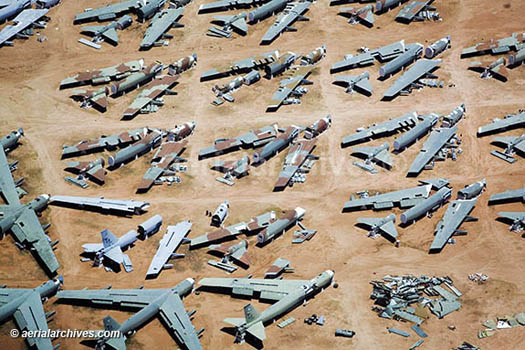
They Are All Implicated: In the Grip of a Permanent War Economy
By Seymour Melman
SolidarityEconomy.net via Counterpunch
March 15, 2003 - Now, at the start of the twenty-first century, every major aspect of American life is being shaped by our Permanent War Economy.
Civilian manufacturing industries are being swept away as a war-focused White House and a compliant Congress sponsor deindustrialization of the U.S. (1) They favor production--in Mexico and China, where government powers bar independent unions. As production of both consumer goods and capital goods is moved out of America, unions and whole communities are decimated. Ghost towns are created across the country. That process is far along in industries that once invented machine tools, radios, and even TV's. Now the decay proceeds in "new economy" industries like computers and "Palm" type devices. The U.S. firms that sell such equipment typically assemble components that are manufactured elsewhere.
Capital goods have special importance in all this, for those are the tools and machines used to produce everything else. Jon Rynn has calculated that by 2004, 50% of all the production equipment required in the United States will have to be imported, mainly from Germany and Japan. (2)
Meanwhile, government financing is lavished without stint to promote every kind of war industry, and foreign investing by U.S. firms. The war priorities have depleted medical and education staffs. U.S. medical planning now includes programs to recruit large numbers of nurses from India. (3) Shortages of housing have caused a swelling of the homeless population in every major city. State and city governments across the country have become trained to bend to the needs of the military--giving automatic approvals to its spending without limit. The same officials cannot find money for affordable housing.
The Permanent War Economy of the United States has endured since the end of World War II in 1945. Since then the U.S. has been at war--somewhere--every year, in Korea, Nicaragua, Vietnam, the Balkans, Afghanistan--all this to the accompaniment of shorter military forays in Africa, Chile, Grenada, Panama.
So it should come as no surprise that there is no public "space" for dialogue on how to improve the quality of our lives. Such topics are subordinate to "how to make war". Congress under both Republican and Democratic control has voted the same war priorities into the federal budget.
